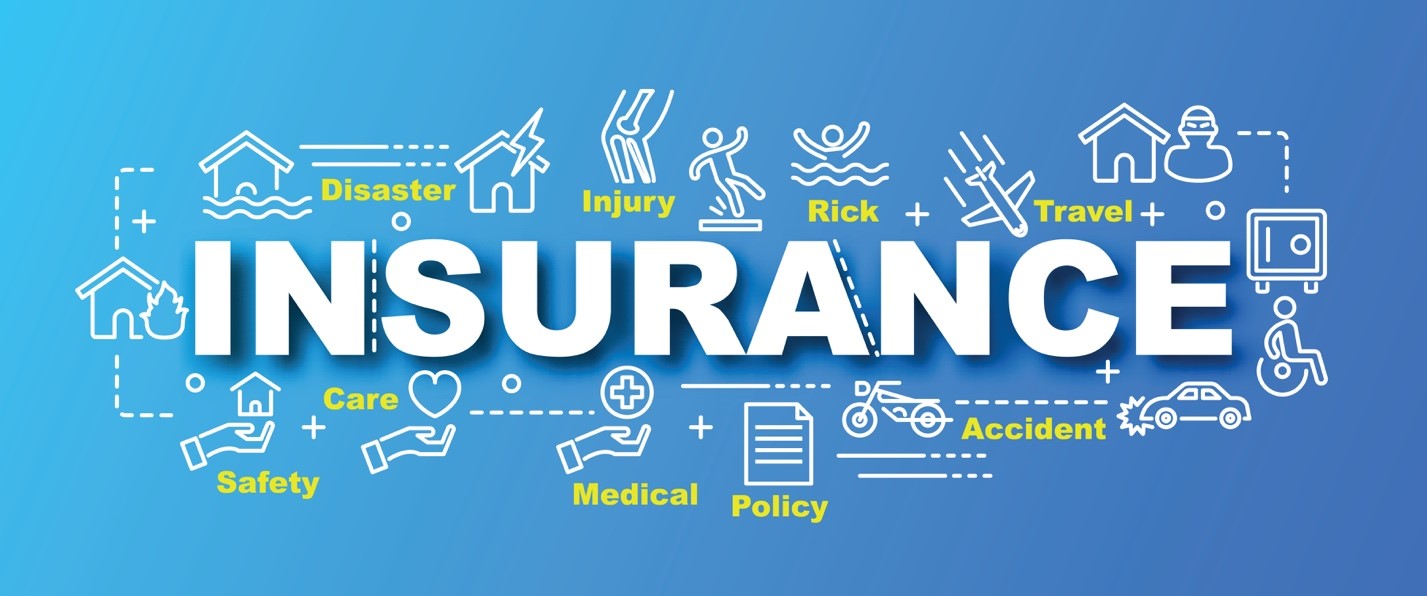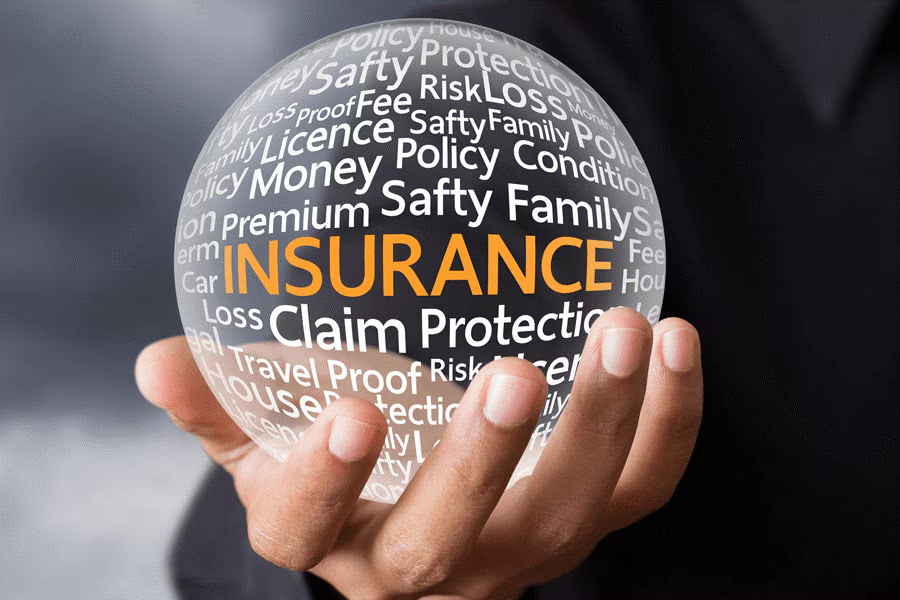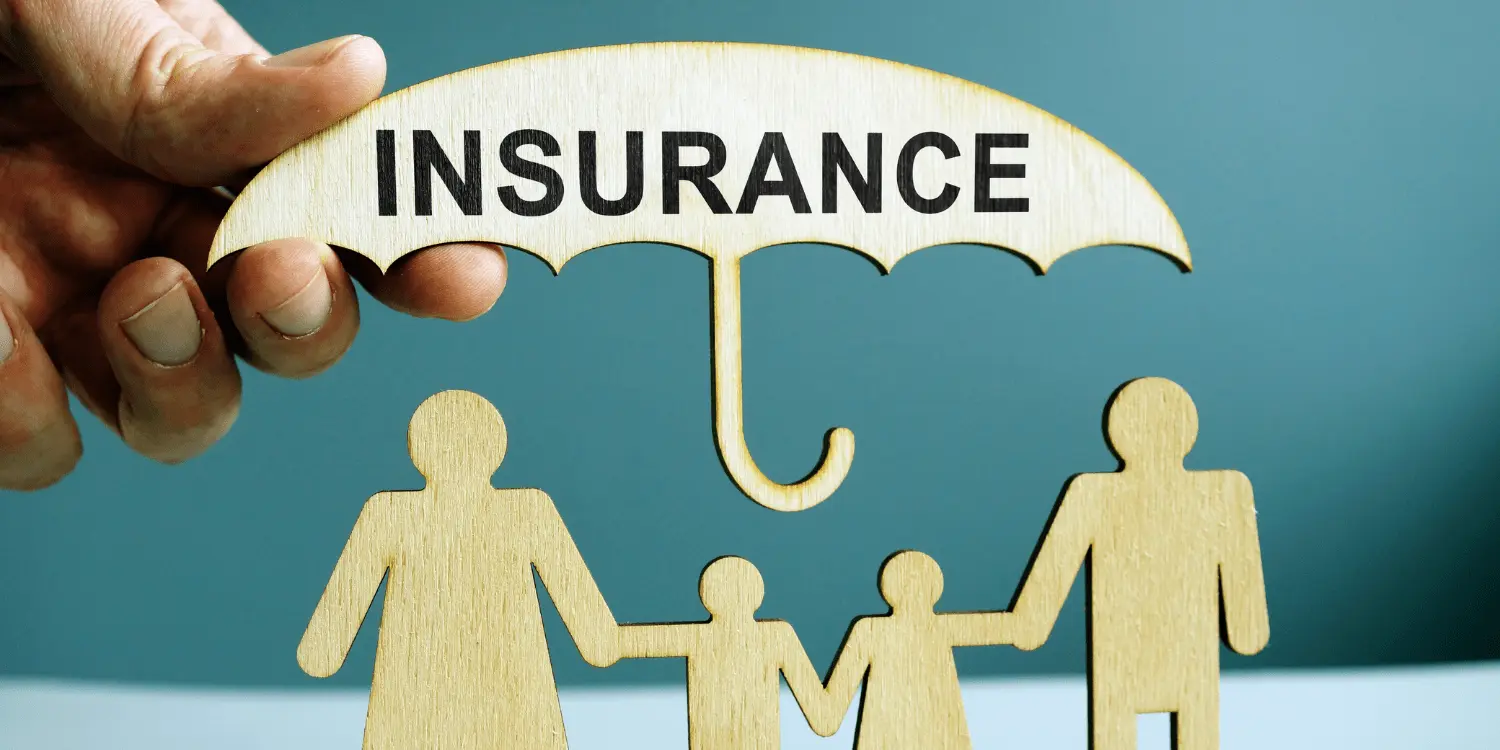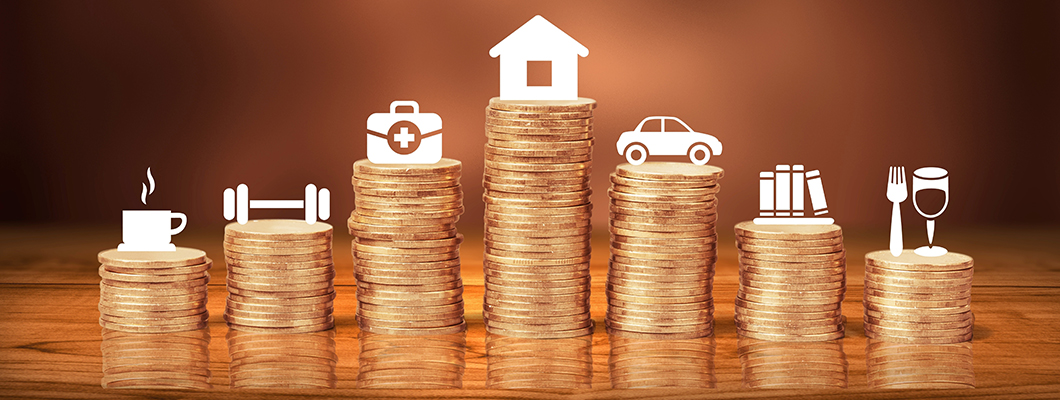Buying a car is often one of the most significant financial decisions you’ll make. While most buyers gravitate toward dealerships, used car lots, or private sellers, there’s another marketplace that is rapidly gaining traction among savvy buyers: insurance auto auctions. These auctions offer thousands of vehicles at deeply discounted prices, but they come with a learning curve—and some risks.
In this detailed guide, we’ll explore exactly what insurance auto auctions are, how they work, why they exist, and whether buying from them is a smart move. We’ll also look at the types of vehicles available, who can participate, and key tips for success. Finally, we’ll answer some frequently asked questions, offer a conclusion, and give you a key takeaway to remember.

Key Takeaway
Insurance auto auctions can be a goldmine for smart, informed buyers—but only if you understand the risks, research the vehicles thoroughly, and know your state’s title and repair laws. Whether you’re looking for a project car, a second vehicle, or an investment opportunity, proceed with caution and strategy to maximize your chances of a successful buy.
What Are Insurance Auto Auctions?
Insurance auto auctions are specialized vehicle sales where cars, trucks, SUVs, and other vehicles that have been involved in accidents or written off by insurance companies are sold to the highest bidder. These vehicles are typically deemed “total losses” or “salvage” by insurers due to repair costs exceeding their market value.
In most cases, these vehicles are not scrap—many are drivable or only need moderate repair. They range from flood-damaged cars to collision-dented trucks, stolen recovered vehicles, and repossessed autos.
Why Do Insurance Companies Sell These Vehicles?
When an insured vehicle is damaged beyond a certain percentage of its value (usually 70-80%), the insurance company pays the policyholder the actual cash value and takes ownership of the vehicle. Instead of storing or fixing it, the insurer auctions the car off to recover part of their payout.
How Do Insurance Auto Auctions Work?
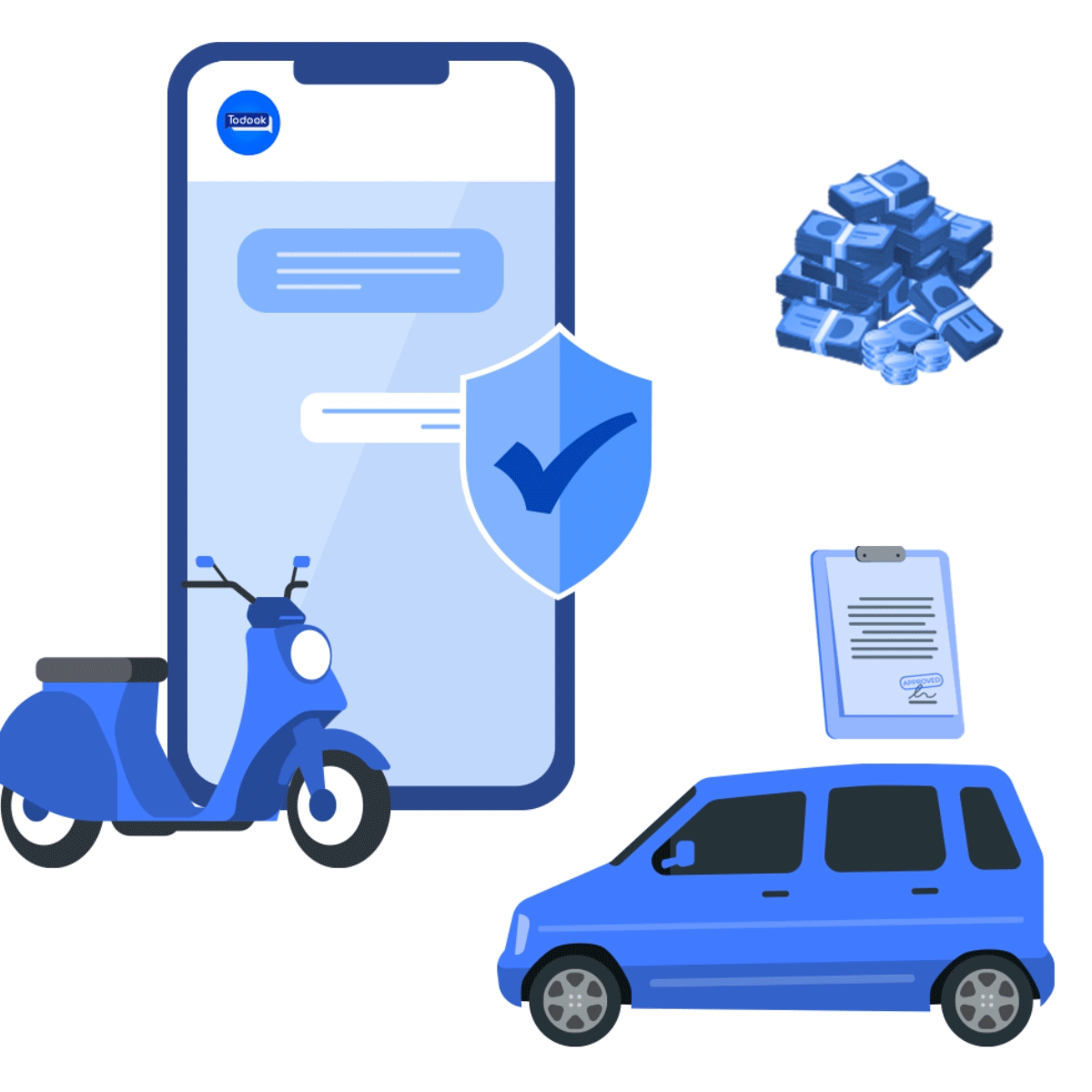
Insurance auto auctions are conducted either in physical locations or online platforms. Major players like IAA (Insurance Auto Auctions) and Copart host these events regularly.
Here’s how it typically works:
- Vehicle Intake: Insurers submit total-loss vehicles to auction companies.
- Listing and Documentation: The auction company lists the vehicle online with photos, VIN, damage reports, and title status.
- Inspection: Buyers can inspect vehicles onsite (in-person preview) or view images and condition reports online.
- Bidding: Registered users bid live or place proxy (pre-set max) bids.
- Winning: The highest bidder wins. Some auctions have a reserve price or seller approval.
- Payment & Pickup: The buyer pays within a specific window and arranges for towing or shipping.
Who Can Buy at Insurance Auto Auctions
Not everyone can buy at these auctions directly—some require a dealer or dismantler license depending on the state and type of vehicle.
There are three categories of buyers:
- Licensed Dealers: Auto dealers, body shops, and salvage businesses.
- Public Buyers: Allowed in some auctions and states (especially for clean-title or non-salvage vehicles).
- Brokered Access: Individuals can use a third-party broker who holds the proper license.
Types of Vehicles at Insurance Auto Auctions
| Type of Vehicle | Description | Common Uses / Considerations |
|---|---|---|
| Salvage Title Vehicles | Declared a total loss by insurance but may still be repairable. | Can be rebuilt and re-registered (varies by state). |
| Clean Title Vehicles | Vehicles with no title branding; may be repossessed, recovered, or donated. | Less risky; often in better condition; more suitable for the public. |
| Non-Repairable (Parts Only) | Vehicles that cannot be legally driven or titled again. | Ideal for parts harvesting or scrap metal. |
| Flood-Damaged Vehicles | Exposed to water damage, often from hurricanes or flooding. | Risky due to potential electrical and mold issues. |
| Hail-Damaged Vehicles | Damaged cosmetically by hailstorms; often still mechanically sound. | Cost-effective repairs; good value if looks are not a priority. |
Insurance auto auctions host a wide variety of vehicles. Understanding the categories helps you assess risk and potential return on investment.
Salvage Title Vehicles
- Declared total losses but may still be repairable.
- Require inspection and title branding before registration.
Clean Title Vehicles
- Rare, often from theft recoveries, repossessions, or donation programs.
- May have minimal or no damage.
Non-Repairable (Parts Only) Vehicles
- Sold strictly for parts or scrap.
- Cannot be legally registered or driven.
Flood-Damaged or Hail-Damaged
- Common after storms.
- May have hidden electrical or structural issues.
Recovered Stolen Vehicles
- Sometimes have no damage but branded as salvage due to missing parts or vandalism.
Pros and Cons of Buying from Insurance Auto Auctions
Pros:
- Lower Prices: Vehicles are often 30–70% cheaper than retail.
- Wide Selection: Thousands of cars, trucks, SUVs, motorcycles, and even heavy equipment.
- Potential Profit: Ideal for rebuilders or resellers who can fix and flip.
- Online Convenience: Many auctions can be done entirely online.
Cons:
- “As-Is” Sales: No guarantees or warranties.
- Repair Costs: Damages can be more extensive than they appear.
- Title Branding: Salvage or rebuilt titles affect resale and insurability.
- Limited Access: May require licenses or use of brokers.
Is It Worth Buying From an Insurance Auto Auction?
It depends on your goals, knowledge, and risk tolerance.
If you’re a DIY mechanic, body shop owner, or car enthusiast, you can score great deals and make a profit by flipping or rebuilding vehicles. However, if you lack mechanical experience or access to reliable repair services, the risk of ending up with a money pit is higher.
For regular consumers, using a broker to buy a lightly damaged or clean-title vehicle might be a safer route. However, always factor in:
- Repair estimates
- Transport fees
- Title and inspection requirements in your state
Tips for Buying Smart at an Insurance Auto Auction
- Understand Title Types: Salvage, rebuilt, clean, and non-repairable titles carry different implications.
- Use Vehicle History Reports: Services like Carfax or AutoCheck offer insight into a vehicle’s past.
- Inspect If Possible: Many auction yards allow pre-sale inspection.
- Check for Hidden Damage: Photos may not show frame, suspension, or flood damage.
- Set a Strict Budget: Include auction fees, repairs, registration, and transport costs.
- Research Market Value: Know what the vehicle is worth post-repair.
- Know Your State’s Laws: Rules for title branding, salvage inspections, and insurance vary widely.
Also Read: How Do Insurance Auto Auctions Work and Are They Worth It?
Conclusion
Insurance auto auctions offer an exciting, money-saving way to buy vehicles, especially for those who are experienced with repairs or in the auto industry. While there are great deals to be had, they’re not without risk. By doing your homework, understanding the auction process, and inspecting vehicles thoroughly, you can find incredible value that traditional dealerships can’t match.
For those willing to navigate the complexities of title branding, licensing, and repairs, insurance auto auctions may offer opportunities for both personal use and profit. For others, the risk may outweigh the reward—especially without mechanical know-how or access to trusted professionals.
Frequently Asked Questions (FAQs)
1. Can anyone buy from an insurance auto auction?
Not always. Some auctions require a dealer license. However, public buyers can participate in certain sales or use licensed brokers to gain access.
2. Are the vehicles at insurance auctions always damaged?
Most are, but not all. Some have minor cosmetic issues, while others are flood- or theft-recovered with minimal damage. Clean-title and donation vehicles may also appear.
3. Is financing available for auction vehicles?
Generally, no. Most auction purchases are cash-only or require payment within 24–72 hours. Some brokers or third-party lenders may offer financing.
4. How do I transport a vehicle I bought at auction?
You must arrange your own transport. Many auction sites partner with shipping services, or you can hire a tow truck or auto transporter.
5. Can I get insurance for a salvage or rebuilt car?
Yes, but it may be limited. Some insurers offer liability only, while others require a full inspection before issuing coverage.
6. What fees are involved besides the winning bid?
Expect additional auction fees, buyer premiums, document fees, and sometimes storage or loading charges. These can add hundreds to the final cost.
7. Can I drive the car home after buying it?
No. Salvage vehicles must be repaired and pass inspection before registration and driving. You’ll need to transport it offsite first.
